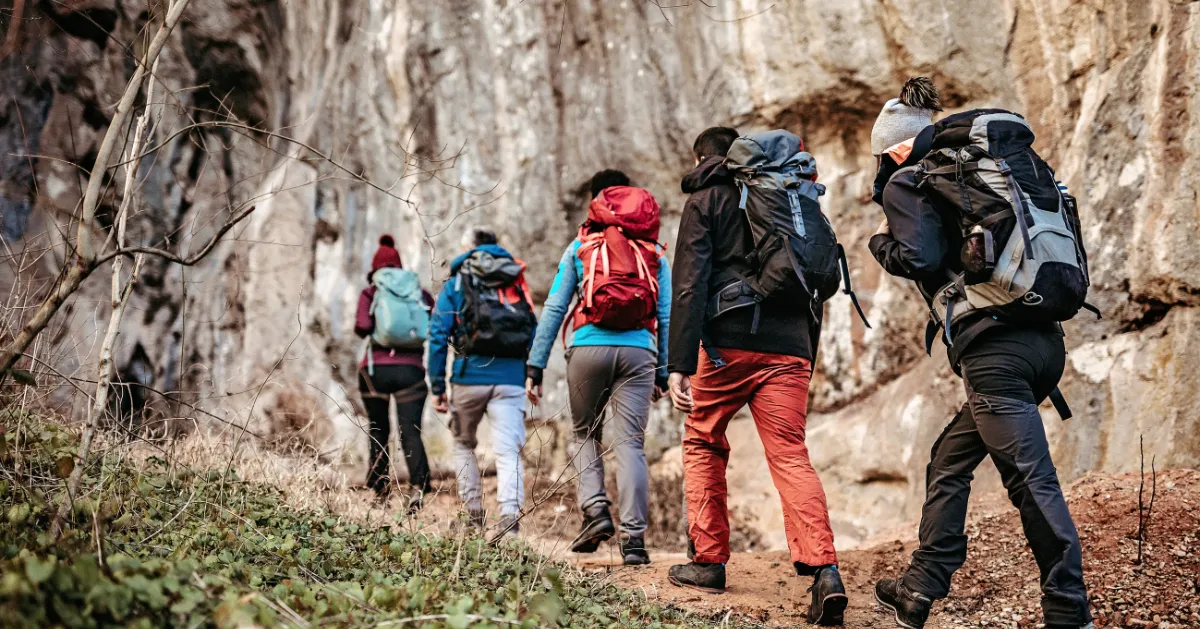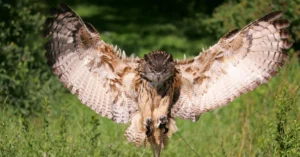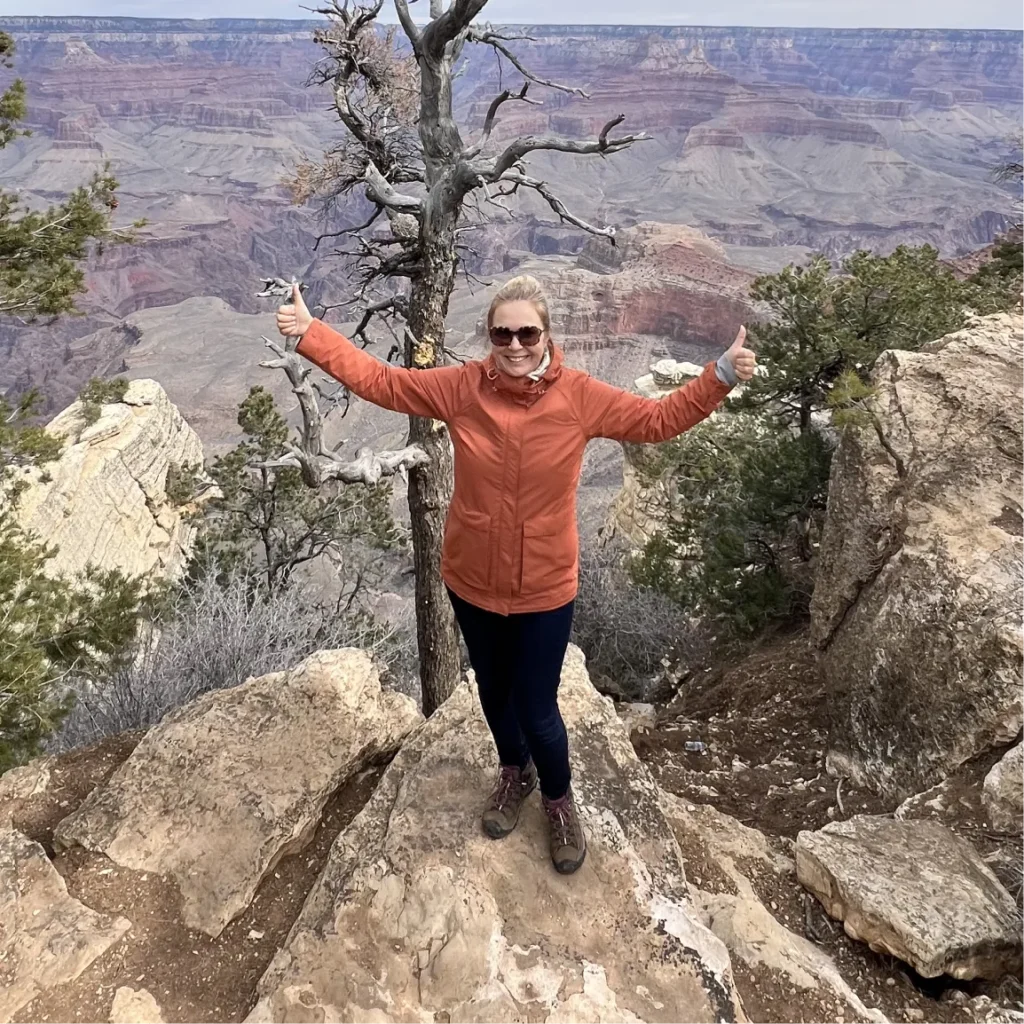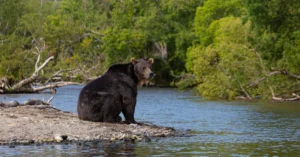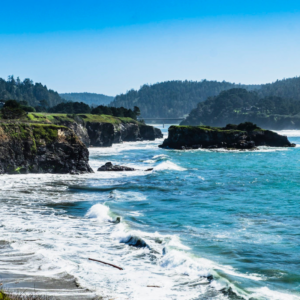Responsible wildlife tourism helps protect animals and their homes. Choosing a responsible wildlife tour operator is important. Bad tours can hurt animals and nature. Good tours help protect them. This blog helps you pick the right tour operator.
A responsible wildlife tour operator follows rules to protect animals. They don’t let you touch or feed the animals. They make sure you keep a safe distance. They also care about the environment. They use eco-friendly practices to reduce waste and pollution.
When you pick a responsible wildlife tour operator, look for certifications. These show they follow good practices. Read reviews from other travelers. See if they had good experiences. Check if the tour operator supports local communities. They should help local people and projects.
Avoid operators that don’t care about the rules. Don’t choose tours that let you get too close to animals. Watch out for bad reviews. They can warn you about problems.
Choosing a responsible wildlife tour operator helps protect animals and nature. It also makes your trip better and safer. Use these tips to make a good choice. Your choice matters for wildlife and the planet.
Key Principles Of Responsible Wildlife Tourism
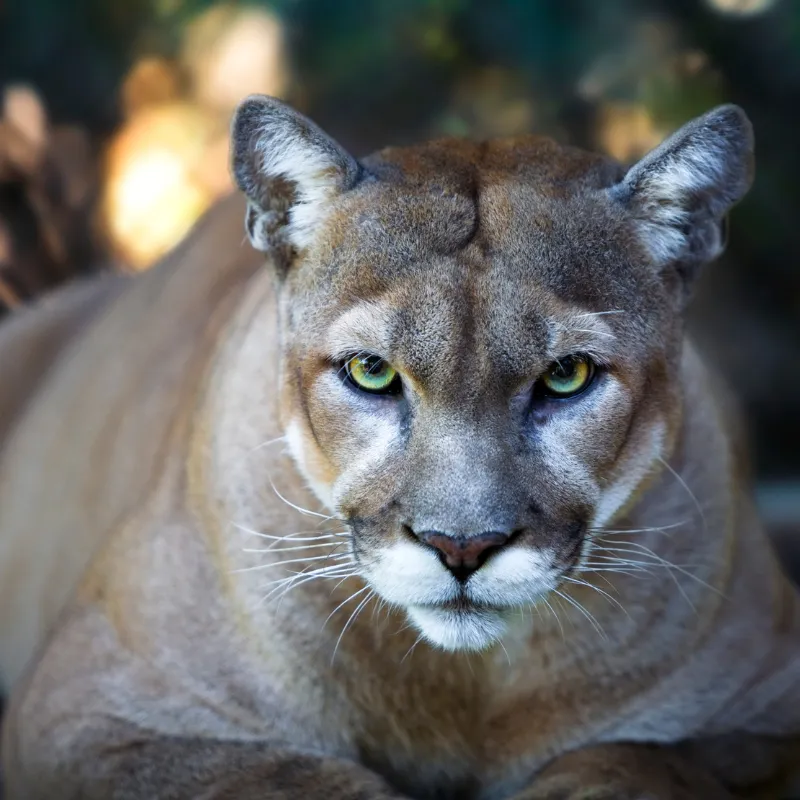
Protecting Wildlife And Their Habitats
A responsible wildlife tour operator focuses on conservation. They protect animals and their homes. Conservation is key to keeping wildlife safe and healthy. These operators follow strict rules.
They avoid harming animals and their habitats. For example, they don’t let visitors disturb nesting areas. They also support projects that help wildlife. This includes efforts to protect endangered species. By choosing a responsible wildlife tour operator, you help ensure animals have safe places to live.
Ensuring Minimal Disturbance To Wildlife
Ethical interaction means respecting wildlife. A responsible wildlife tour operator has clear guidelines. They don’t allow touching or feeding animals. Keeping a safe distance is crucial. This helps animals stay calm and free from stress. Ethical tours teach visitors about animal behavior.
They show how to watch animals without bothering them. For example, they might use binoculars for better viewing. These practices ensure animals can live their lives undisturbed.
Promoting Eco-Friendly Practices
Sustainability is about protecting nature for the future. A responsible wildlife tour operator uses eco-friendly practices. They reduce waste and avoid pollution. For instance, they might use reusable water bottles and avoid plastic. They also choose transportation that doesn’t harm the environment.
Supporting local conservation projects is another way they help. This includes efforts to clean up habitats and protect resources. Sustainable practices ensure that nature remains beautiful and healthy for everyone.
Researching Tour Operators
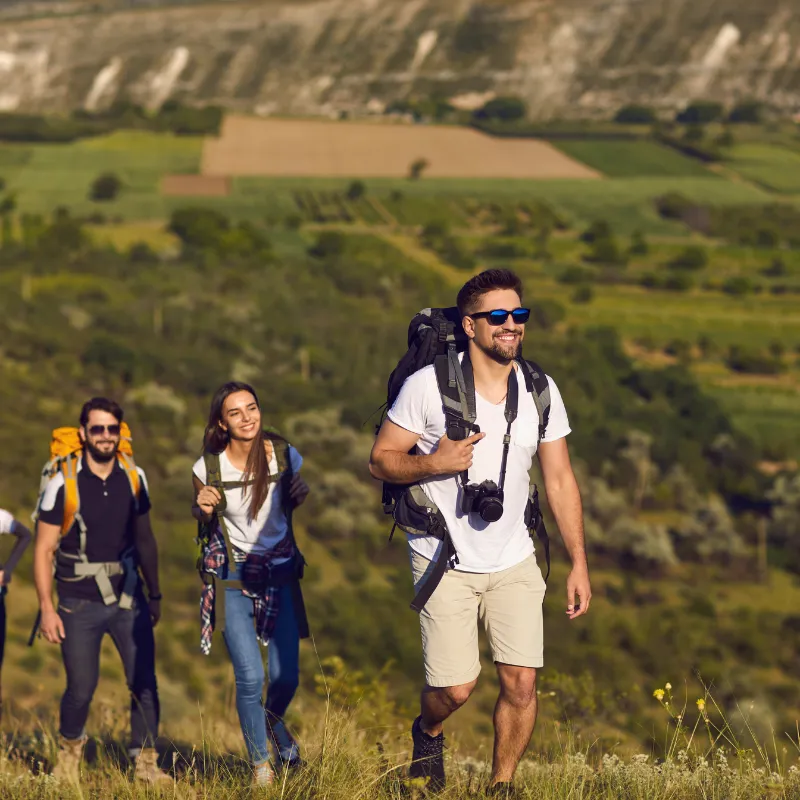
Certifications And Accreditations
Certifications show that a tour operator follows good practices. A responsible wildlife tour operator has certifications from recognized bodies. These certifications mean they meet high standards.
Examples include the Global Sustainable Tourism Council and the Adventure Travel Trade Association. Look for these certifications when choosing a tour operator. They show that the operator cares about wildlife and the environment.
Examining Conservation Policies
Conservation policies are important. They show how a tour operator protects wildlife. A responsible wildlife tour operator has clear and transparent conservation efforts. Look for policies that protect animals and their homes.
For example, some operators support projects that help endangered species. They may also work to restore habitats. Good conservation policies mean the operator is serious about protecting wildlife.
Wildlife Interaction Guidelines
Responsible wildlife tour operators have strict guidelines for interacting with animals. These guidelines include viewing distances, feeding, and touching wildlife. Good operators make sure you keep a safe distance from animals.
They do not allow feeding or touching. This helps keep animals safe and stress-free. Ethical practices respect natural behaviors and habitats. The goal is to watch and learn without disturbing wildlife.
Eco-Friendly Practices And Initiatives
Sustainability is a key part of responsible wildlife tourism. A responsible wildlife tour operator uses eco-friendly practices. They work to reduce waste and avoid pollution. For example, they might use reusable items and avoid single-use plastics.
They also support local conservation projects. This helps protect the environment and supports local communities. Look for operators that show a strong commitment to sustainability.
Evaluating Tour Operator Practices
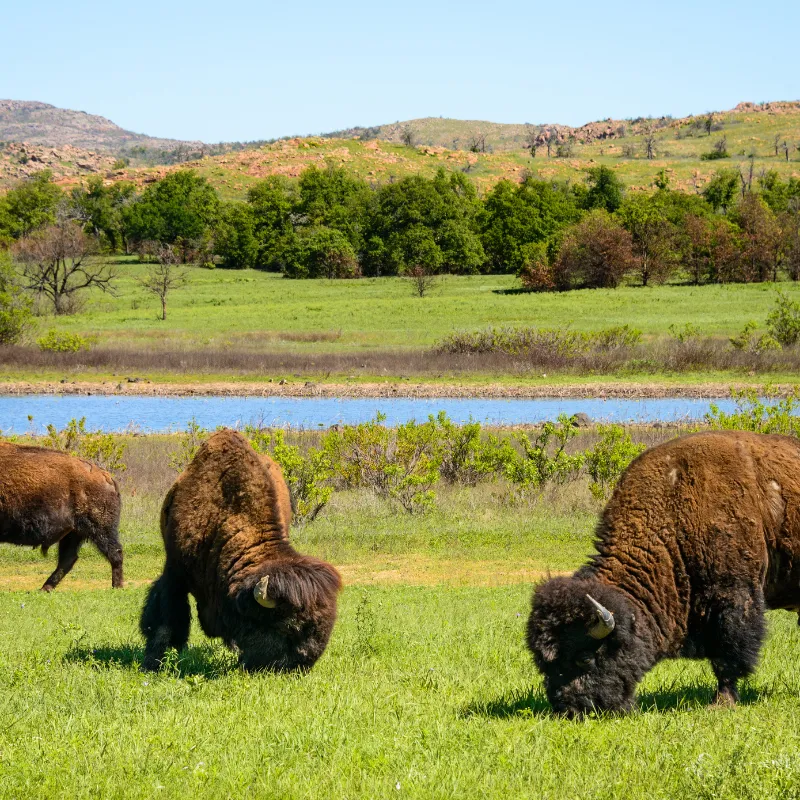
Reading Reviews And Testimonials
Reviews and testimonials are very helpful. Check independent reviews on sites like TripAdvisor and Google Reviews. Look for comments on how the operator treats wildlife.
Good reviews often mention ethical practices and respect for animals. Also, see if the reviews talk about the guides’ knowledge and behavior. Positive reviews can show that the tour operator follows good practices.
Assessing Guides’ Qualifications And Training
Guides play a big role in wildlife tours. They should be knowledgeable and well-trained. A responsible wildlife tour operator hires guides who know a lot about animals and nature.
Ask about the guides’ qualifications and training. For example, do they have degrees in biology or ecology? Have they received special training in ethical wildlife interaction? Good guides help make the tour safe and informative.
Investigating Community Engagement And Support
Responsible wildlife tour operators support local communities. They help local people and projects. Check if the operator works with local communities. Do they support local schools or conservation projects?
Fair trade practices are also important. This means paying fair wages and supporting local businesses. Examples of good community engagement include helping build schools or clean up local areas. Supporting local communities helps everyone benefit from wildlife tourism.
Identifying Red Flags When Choosing A Tour Operator

- Avoiding Operators That Promote Direct Interaction with Wildlife: Avoid operators allowing petting, feeding, or close interaction with animals. These actions stress wildlife and can cause harm. Responsible tours keep a safe distance.
- Recognizing Lack of Transparency in Conservation and Ethical Practices: Be cautious if an operator has vague or unclear conservation and ethical practices. Lack of transparency often means they don’t follow proper standards.
- Paying Attention to Negative Reviews and Unethical Practices: Check for negative reviews about poor wildlife treatment or unethical practices. These reviews are serious warnings to avoid that operator.
- Checking for Overly Large Group Sizes: Large groups can disturb wildlife and their habitats. Avoid operators who don’t limit group sizes, as it shows a lack of concern for animals.
- Looking Out for Over-commercialization: Operators focused on making money might neglect ethical practices. Be wary of those with heavy marketing but lacking genuine substance.
- Observing Inadequate Staff Training: Untrained staff can mishandle wildlife and misinform guests. Ensure operators invest in proper training for guides and staff, reflecting their commitment to ethical practices.
Making An Informed Decision About Your Wildlife Tour Operator
- Comparing Multiple Operators: Compare different operators to find the best one. Use tools like online reviews, forums, and ethical tourism websites. This helps you see which operators follow responsible practices. Comparison sites and travel blogs can provide insights. Look for operators with consistent positive feedback on their conservation efforts.
- Asking Direct Questions Before Booking: Ask specific questions to ensure responsible practices. Inquire about conservation efforts, wildlife interaction guidelines, and guide training. Direct questions help you gauge their commitment to ethical tourism. For example, ask how they minimize environmental impact or how they support local communities.
- Trusting Your Instincts: Trust your instincts when choosing a tour operator. You should feel confident and comfortable with your choice. If something feels off, consider looking for another operator. Your comfort and the well-being of wildlife are important. A responsible wildlife tour operator will make you feel assured and informed.
- Checking Their Website and Social Media Presence: A responsible wildlife tour operator will have a professional online presence. Their website should provide clear information about their practices. Social media can offer real-time insights into their activities and interactions with wildlife. Look for posts that highlight ethical practices and positive interactions.
- Evaluating Their Response to Your Inquiries: Pay attention to how the tour operator responds to your questions. A responsible wildlife tour operator will provide clear, detailed answers. They should be open and honest about their practices. Quick, helpful responses indicate a high level of professionalism and commitment to ethical tourism.
- Looking for Long-Term Commitment to Conservation: Check if the operator has a long-term commitment to conservation. Responsible operators often have ongoing projects or partnerships with conservation groups. This shows they are dedicated to protecting wildlife beyond just offering tours. Long-term efforts are a good indicator of their genuine commitment.
- Seeking Recommendations from Trusted Sources: Ask for recommendations from friends, family, or conservation organizations. Trusted sources can provide valuable insights based on their experiences. They can help you find a responsible wildlife tour operator that aligns with your values and expectations.
Final Thoughts
Choosing a responsible wildlife tour operator is crucial for protecting animals and their habitats. It ensures ethical interactions, supports conservation efforts, and promotes sustainability.
By researching operators, asking the right questions, and trusting your instincts, you can make an informed decision.
This choice not only enhances your travel experience but also helps preserve nature for future generations. Always prioritize operators that show a genuine commitment to ethical practices and conservation.
Your choice matters and can make a positive impact on wildlife and the environment.
Happy and responsible wildlife watching!

